"A man needs a little madness or else he never dares cut the rope and be free."
“This is true happiness: to have no ambition and to work like a horse as if you had every ambition. To live far from men, not to need them and yet to love them. To have the stars above, the land to your left and the sea to your right and to realize of a sudden that in your heart, life has accomplished its final miracle: it has become a fairy tale.”
“God changes his appearance every second. Blessed is the man who can recognize him in all his disguises.”
“You can knock on a deaf man's door forever.”
“I was happy, I knew that. While experiencing happiness, we have difficulty in being conscious of it. Only when the happiness is past and we look back on it do we suddenly realize - sometimes with astonishment - how happy we had been.”
“Life is trouble. Only death is not. To be alive is to undo your belt and *look* for trouble.”
“Look, one day I had gone to a little village. An old grandfather of ninety was busy planting an almond tree. ‘What, grandfather!’ I exclaimed. ‘Planting an almond tree?’ And he, bent as he was, turned around and said: ‘My son, I carry on as if I should never die.’ I replied: ‘And I carry on as if I was going to die any minute.’
“When everything goes wrong, what a joy to test your soul and see if it has endurance and courage! An invisible and all-powerful enemy—some call him God, others the Devil, seem to rush upon us to destroy us; but we are not destroyed.”
“For I realize today that it is a mortal sin to violate the great laws of nature. We should not hurry, we should not be impatient, but we should confidently obey the eternal rhythm.”
“Free yourself from one passion to be dominated by another and nobler one. But is not that, too, a form of slavery? To sacrifice oneself to an idea, to a race, to God? Or does it mean that the higher the model the longer the longer the tether of our slavery?”
“Every man has his folly, but the greatest folly of all, in my view, is not to have one.”
“When shall I at last retire into solitude alone, without companions, without joy and without sorrow, with only the sacred certainty that all is a dream? When, in my rags—without desires—shall I retire contented into the mountains? When, seeing that my body is merely sickness and crime, age and death, shall I—free, fearless, and blissful—retire to the forest? When? When, oh when?”
“No, you're not free," he said. "The string you're tied to is perhaps no longer than other people's. That's all. You're on a long piece of string, boss; you come and go, and think you're free, but you never cut the string in two. And when people don't cut that string . . ."
"I'll cut it some day!" I said defiantly, because Zorba's words had touched an open wound in me and hurt.
"It's difficult, boss, very difficult. You need a touch of folly to do that; folly, d'you see? You have to risk everything! But you've got such a strong head, it'll always get the better of you. A man's head is like a grocer; it keeps accounts: I've paid so much and earned so much and that means a profit of this much or a loss of that much! The head's a careful little shopkeeper; it never risks all it has, always keeps something in reserve. It never breaks the string. Ah no! It hangs on tight to it, the bastard! If the string slips out of its grasp, the head, poor devil, is lost, finished! But if a man doesn't break the string, tell me, what flavor is left in life? The flavor of camomile, weak camomile tea! Nothing like rum-that makes you see life inside out!”
“so few in reality are the true necessities of man”
“I should learn to run, to wrestle, to swim, to ride horses, to row, to drive a car, to fire a rifle. I should fill my soul with flesh. I should fill my flesh with soul. In fact, I should reconcile at last within me the two internal antagonists.”
“Free yourself from one passion to be dominated by another and nobler one. But is not that, too, a form of slavery? To sacrifice oneself to an idea, to a race, to God? Or does it mean that the higher the model the longer the tether of our slavery? Then we can enjoy ourselves and frolic in a more spacious arena and die without having come to the end of the tether. Is that, then, what we call liberty?”
“Is he good? Or is he bad? That's the only thing I ask nowadays. And as I grow older—I'd swear this on the last crust I eat—I feel I shan't even go on asking that! Whether a man's good or bad, I'm sorry for him, for all of 'em. The sight of a man just rends my insides, even if I act as though I don't care a damn! There he is, poor devil, I think, he also eats and drinks and makes love and is frightened, whoever he is: he has his God and his devil just the same, and he'll peg out and lie as stiff as a board beneath the ground and be food for worms, just the same. Poor devil! We're all brothers! All worm-meat!”
“...I spent the whole morning coiled up in front of the fire, with my hands over it, eating nothing, motionless, just listening to the first rain of the season, softly falling. I was thinking of nothing. Rolled up in a ball, like a mole in damp soil, my brain was resting. I could hear the slight movements, murmurings and nibblings of the earth, and the rain falling and the seeds swelling. I could feel the sky and the earth copulating as in primitive times when they mated like a man and woman and had children. I could hear the sea before me, all along the shore, roaring like a wild beast and lapping with its tongue to slake its thirst.”






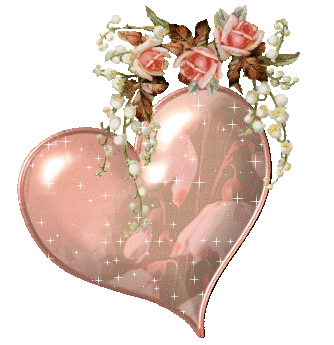
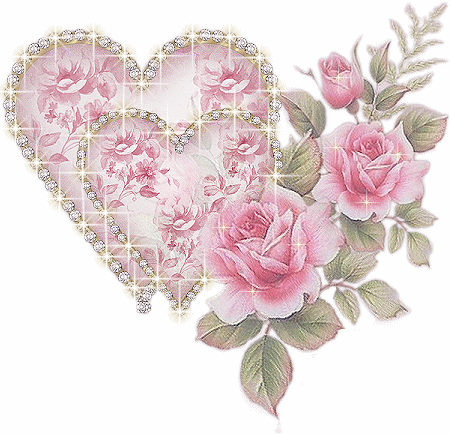













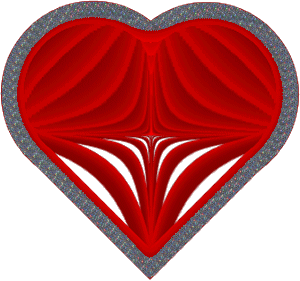
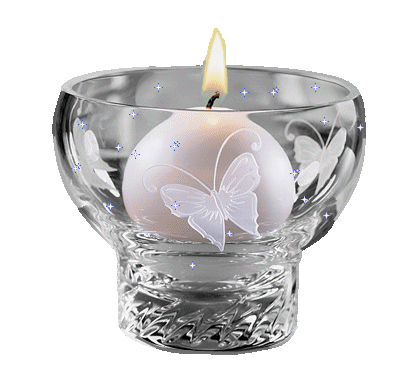
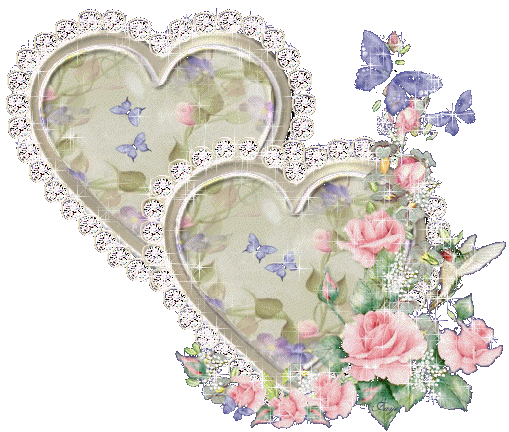


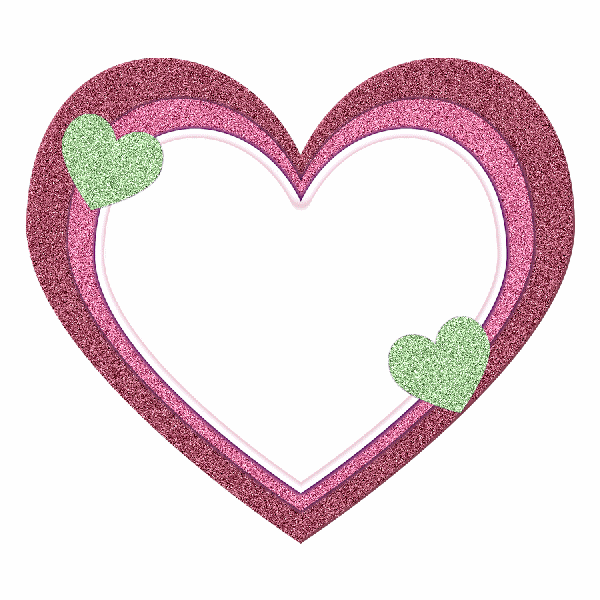
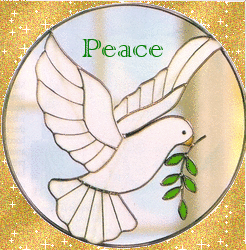






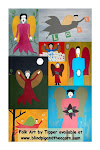



















2 comments:
Zorba the Greek is such a classic Petra. Anthony Quinn couldn't have been more perfect as Zorba. K.
Will read the book one day. ;)
I first saw Zorba the Greek when I was very young, K. Not until recently did I see it again and could appreciate its wisdom.
Have yet to read the book too, K. :))
Post a Comment